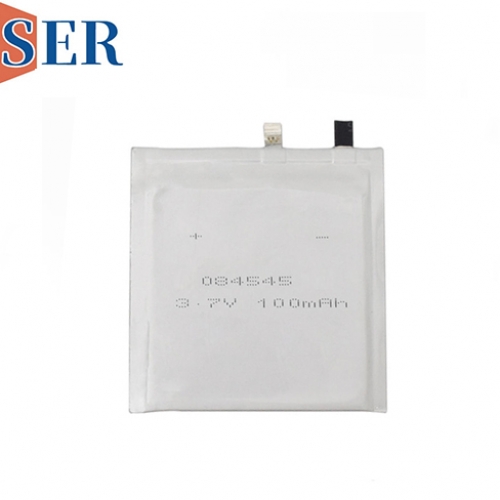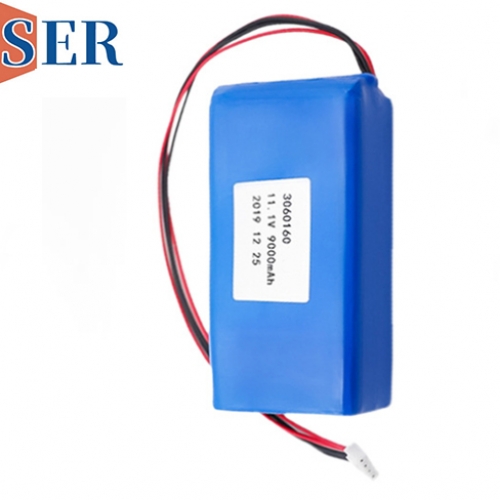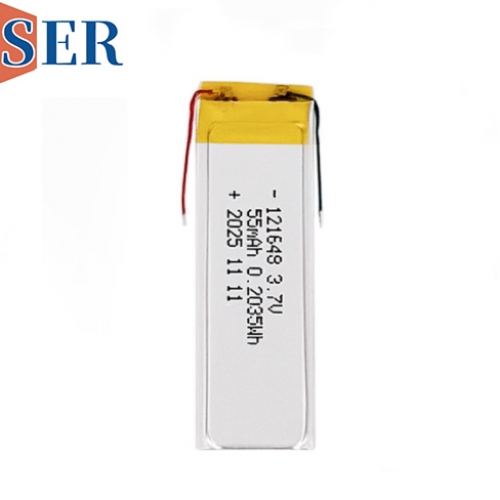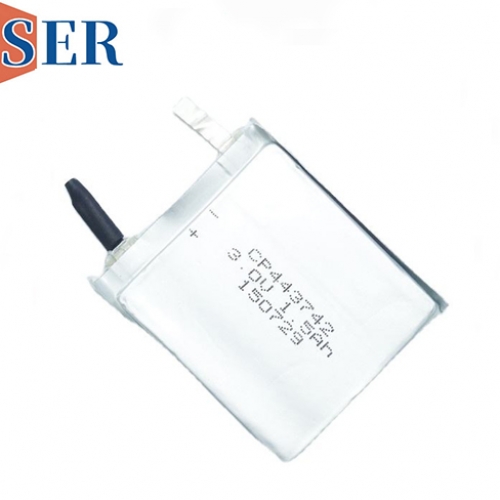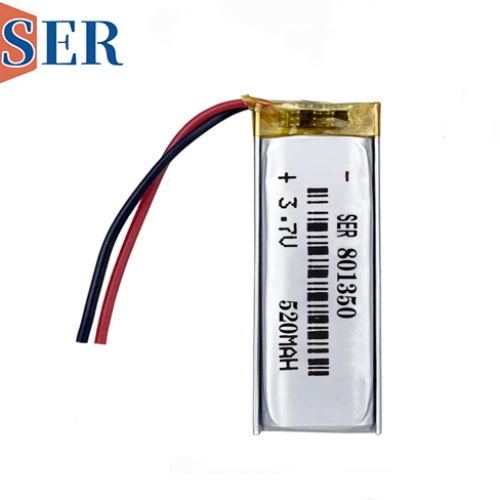What is the passivation of lithium thionyl chloride batteries (LiSOCL2 battery)
What is the passivation of lithium thionyl chloride batteries (LiSOCL2 battery)
Passivation is a chemical term that produces a chemical film on the metal surface that prevents further corrosion of the metal surface.
In lithium thionyl chloride batteries (LiSOCL2 battery), thionyl chloride is a liquid, and lithium and thionyl chloride are fully contacted, and gradually rust like iron, producing lithium chloride. The lithium chloride generated by metal lithium on the surface of thionyl chloride is very dense, preventing further reaction of lithium with thionyl chloride, a phenomenon called passivation.
Passivation of lithium thionyl chloride batteries (LiSOCL2 battery) starts from the moment the battery is produced, but the reaction is not fast. Like all chemical reactions, the passivation rate is closely related to the temperature, the higher the temperature, the faster the passivation rate, and vice versa; the longer the time, the more serious the passivation phenomenon. For specific questions about passivation, please contact SER Sales at sales@serui-battery.com
How does temperature affect battery performance?
Among all environmental factors, temperature has the greatest impact on battery performance. The electrochemical reaction at the electrode-electrolyte interface is closely related to the ambient temperature, and the electrode-electrolyte interface is the heart of the battery. If the temperature drops, the reaction rate of the electrode also drops. Assuming that the voltage of the battery remains constant and the discharge current decreases, the output power of the battery also decreases. Conversely, as the temperature rises, the output power also rises. The temperature also affects the transfer speed of the electrolyte. As the temperature decreases, the transfer slows down, and the charge and discharge performance of the battery is also affected. However, if the temperature is too high, the chemical balance inside the battery will be broken, resulting in side effects.
Everything has two sides, passivation is a characteristic of lithium thionyl chloride batteries (LiSOCL2 battery), and it is also the basis for the existence of this kind of battery. The thicker the passivation film, the reaction between thionyl chloride and lithium metal will be prevented, that is to say, the formation rate of the passivation film will gradually decrease with the storage time, and the capacity consumption will gradually decrease. Therefore, the self-discharge rate of this battery is extremely Low, can be lower than 0.5% per year, but due to serious voltage lag, its application is greatly limited, when a certain current pulse is required, it cannot meet the requirements.
Therefore, we add some substances in the production process, so that the passive film of the battery will not grow too thick, so that the battery can provide a certain amount of pulse current, because the passive film of the battery is not too thick, the self-discharge rate is also slightly Larger, about 1%, the storage life can reach 10 years
Ser batteries are widely used, including power tools, toys, household appliances, office automation equipment, lighting equipment, communication equipment, medical equipment, etc. The main products include: Lithium-thionyl chloride battery( LiSOCL2 Battery), Lithium-manganese dioxide battery ( LiMNO2 Battery), Lithium polymer battery( LipoBattery), Lithium ion battery, LiFePO4 batteries

